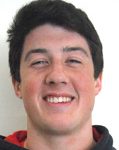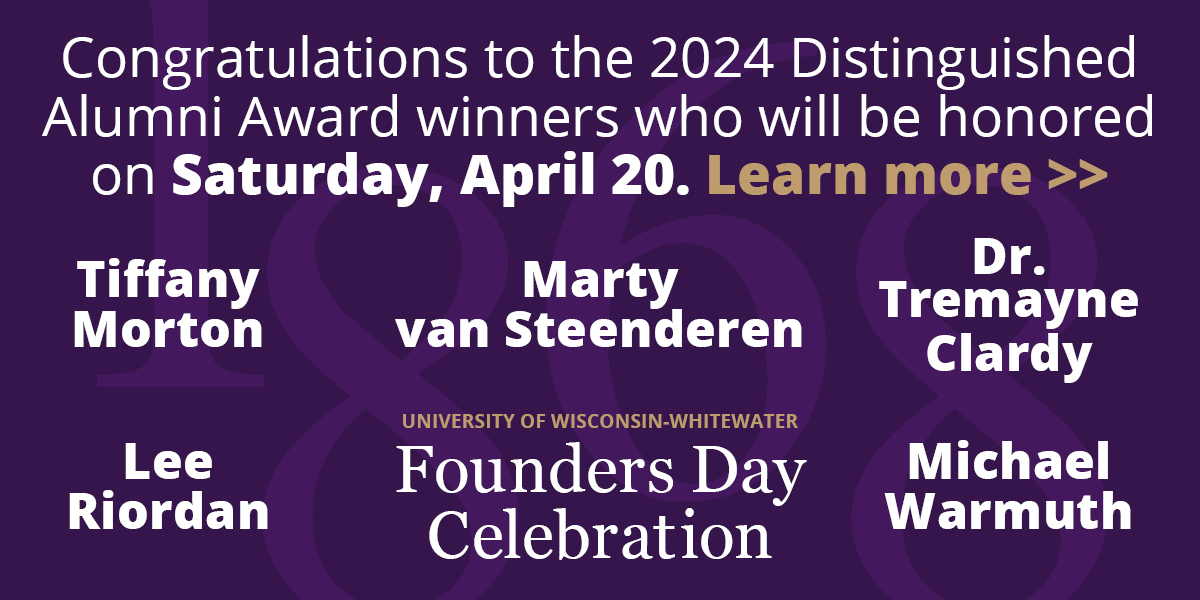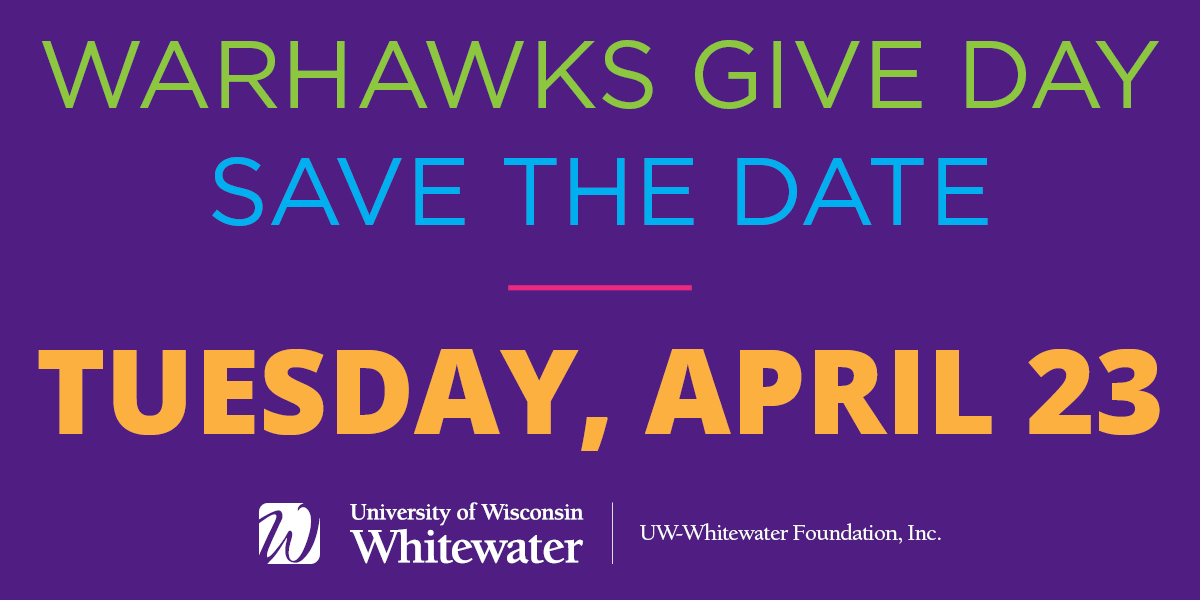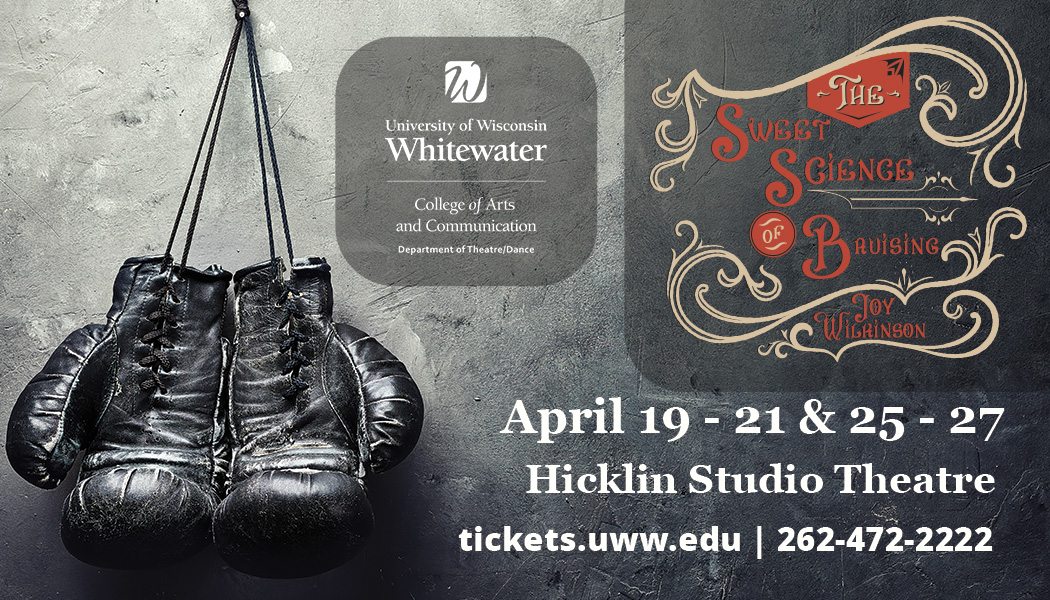International students have peer mentors they can count on to help adjust to life in America, learn the school system and more
By Amanda Ong
It was a beautiful Wednesday afternoon. The sun was shining along with a cool breeze. Two friends gathered and shared a unique relationship that would not be possible without the study abroad program at UW-Whitewater.

After months of planning, sleepless nights and hours of delays and layovers, studying abroad has now been checked off a Denmark student’s bucket list.
Frederick Alberto Rasmussen Sousa de Almeida, 22, is an exchange student from Vejen, Denmark. He arrived at UW-Whitewater on Aug. 26 and will be spending his fall semester at UW-W hitewater as a cultural sociology major and an anthropology minor.
“I thought Whitewater might be a suburb to Chicago but it wasn’t,” Rasmussen laughed. “When we drive on the countryside, it’s cornfield everywhere and the highway is kind of (crappy). But it’s nice. It reminds me of my hometown.”
Rasmussen has been experiencing new and different lifestyles than he was accustomed to before his two weeks at UW-Whitewater. From odd eating habits to seemingly rude greetings, Rasmussen has had a difficult time adapting to his temporary home. But someone on campus makes the transition easier.
Neal Fagan is a senior double majoring in international business and German. Besides being a full-time student, he also is a mentor to many international students as part of the global ambassador program, which is new to campus this year.
The global ambassador team members assist international students with adjusting, integrating, understanding and learning the lifestyle in the United States and, most importantly, surviving as an American college student.
A global ambassador is randomly assigned to five or six mentees over the summer in order to get to know them before the semester begins. The global

ambassador program is highly competitive. Last year, 50 students applied to the program and only 12 were hired.
“We are all given five to six mentees to keep in touch with, but how it has turned out to be, we all became a huge family,” Fagan said.
Fagan studied abroad two springs ago for four months at Philipps Universität Marburg in Hessen, Germany, and emphasized that having international experiences was one of the main qualifications for becoming a global ambassador. Spending time in another country helps global ambassadors “empathize” with the international students, Fagan said.
Fagan said he wanted “to be the answer to all those questions, and to be the helping hand and first friend” when the international students set foot in an unfamiliar environment.
Although Fagan is not Rasmussen’s assigned mentor, the two have become very close among their other “family,” which is important, because Rasmussen counts on his American ally as more than just a tour guide.
A week ago while lifting weights, playing soccer and basketball throughout the day, Rasmussen’s knee kept popping out and back in. He did not think much of it until he sat down to tie his shoe and realized that it popped out again, except this time was different. It did not go back in. Rasmussen had torn his meniscus for the sixth time.
None of Rasmussen’s friends were available to take him to the hospital. He recalled reaching for his brand new American cell phone and texting the only number he knew: Fagan’s.
Rasmussen was forced to fly back to Denmark to have surgery on his knee, but he is eager to come back to UW-Whitewater and continue his international experience.
When he does, Fagan will be there ready to continue teaching Rasmussen American culture.
Food is one of the major differences Rasmussen discovered between the two countries. Danish dishes are usually nutrient dense rather than calorie dense, which means they are healthier. Rasmussen said he has never eaten so much fast food and drank so much soda in his life as he has the past two weeks.
Casual interactions are another strange aspect of American culture, Rasmussen said. In the eyes of an international student, the way Americans greet each other may seem a little questionable. It took a while for Rasmussen to get used to the American greeting, “How are you doing?”
Rasmussen tried hard to make sense of it.
“At the beginning, I was about to give them an answer, and they would just walk by me,” Rasmussen said. “I started getting mad, so now every time people walk by me and ask me how I was doing, I wouldn’t give them an answer because I knew they weren’t looking for an answer. I’ve found out it’s a way of greeting.”
Although he finds this way of greeting “funny,” Rasmussen said it can get frustrating at times. He has had people repeatedly ask how he was doing, and Rasmussen would respond by telling them he had torn his meniscus for the sixth time. Then the same person would ask him again because they didn’t really care the first time.
Rasmussen said not everyone is like that, and he has met many people who have supported him through this strange new land.
Fagan and Rasmussen believe it is extremely important to have a program like the global ambassadors at every university to welcome students and have someone to help them adapt.
“You are new in a place and you don’t know anybody,” Rasmussen said. “So when you have some Americans like the global ambassadors who you know you can talk to, meet up with, ask questions and have a chit chat, it’s nice.”
Rasmussen said it is an asset not only to the international students, but also the campus.
“As well as it is a gift for us to have (global ambassadors), I think it’s a gift for the Americans to have international students just to spice things up a little bit,” Rasmussen said.
Most universities in Europe are subsidized by the government. In Denmark, students are even offered monthly financial aid to help them pay for rent and food. Government-funded education is one of the reasons why literacy is so high in Denmark, scoring approximately 99 percent for both men and women.
“Germany’s goal is all the way to PhD because it doesn’t cost them two legs and an arm to do all that,” Fagan said. “And that’s why it’s weird for them to see Americans pay so much for school.”
Danish and German governments want the students to become smarter to positively impact their countries, so they try to help their citizens as much as they can. The European governments realize students are the future of the betterment of the country.
“What’s the future like if you can’t educate the people who are coming out?” Fagan said.
University life in Denmark is another big difference from the campus life in America. Universities in Denmark are scattered around the city, making it harder for students to interact and form relationships in the same ways as in America. Danish students are not “brought together” by the university.
“Everybody (here) is so close together,” Rasmussen said. “I meet people all the time. It’s a fantastic feeling because you don’t do that in Denmark. You have to really make an appointment to meet.”
Rasmussen said American students seem to be taking the campus life for granted by not taking advantage of a well-rounded campus life with programs offered by SEAL, great facilities, organizations and a safe environment.
The impact of studying abroad is self-fulfilling and far-reaching, Rasmussen said.
Though there are still many questions of why Americans do and say certain things, Rasmussen has found himself pacing through the peaceful tempo of Whitewater campus life and, ultimately, the American culture.












